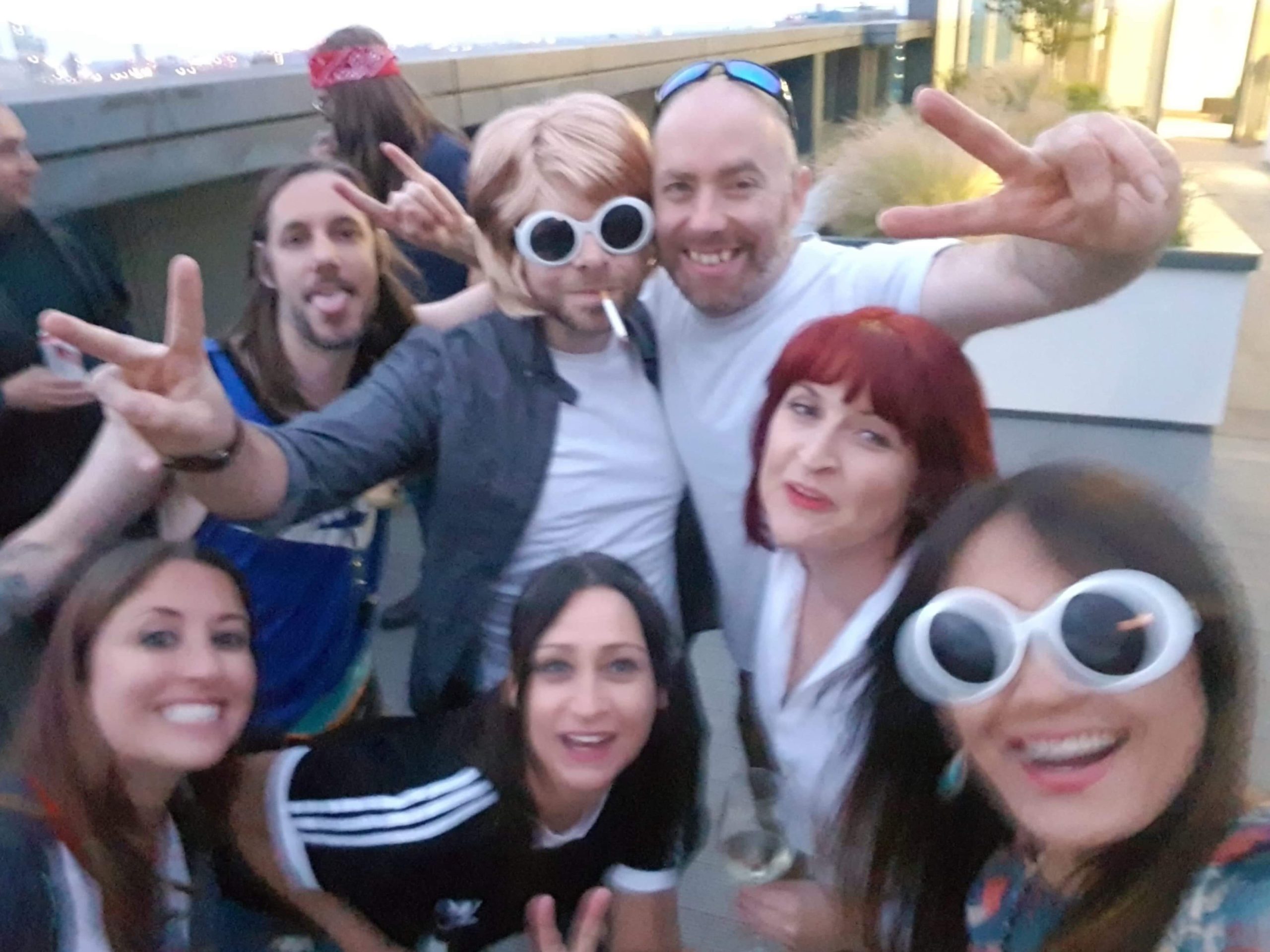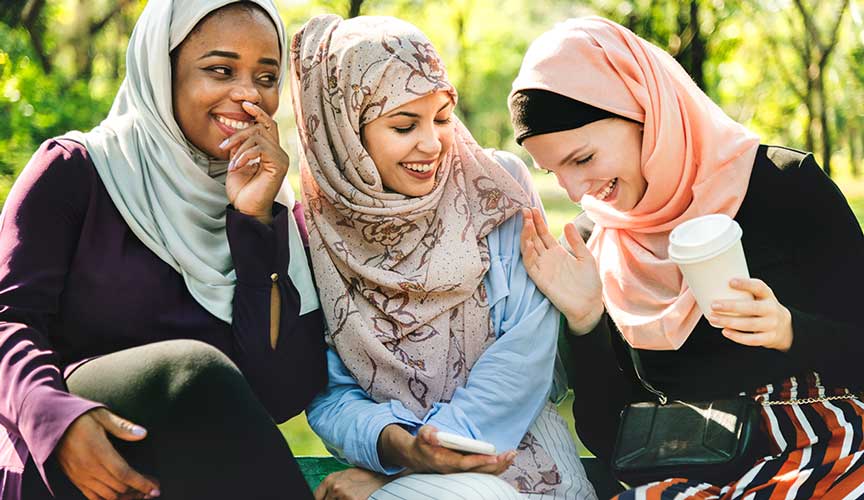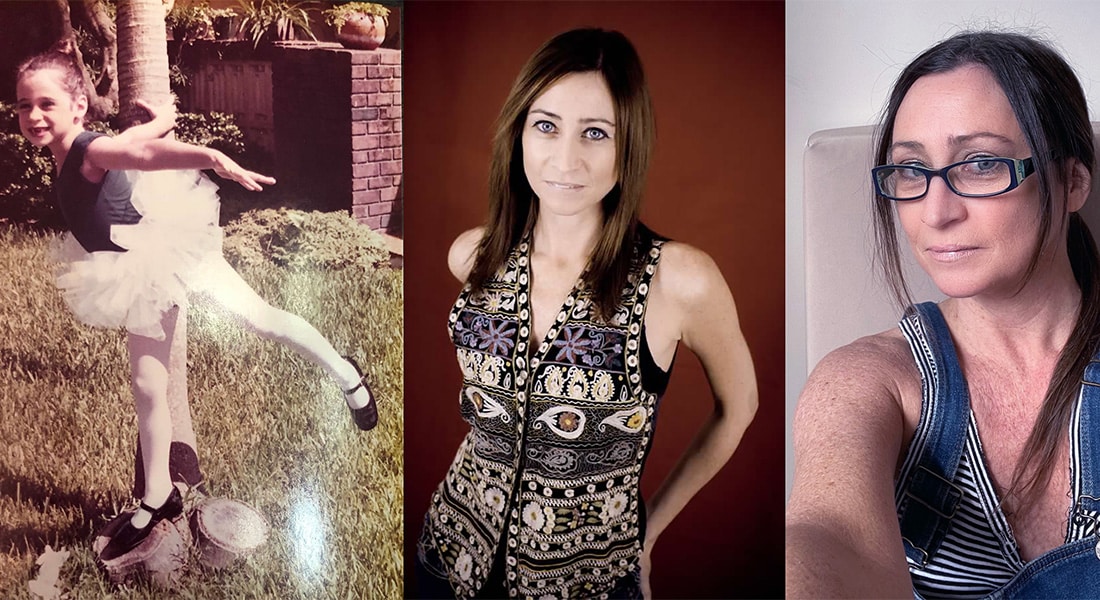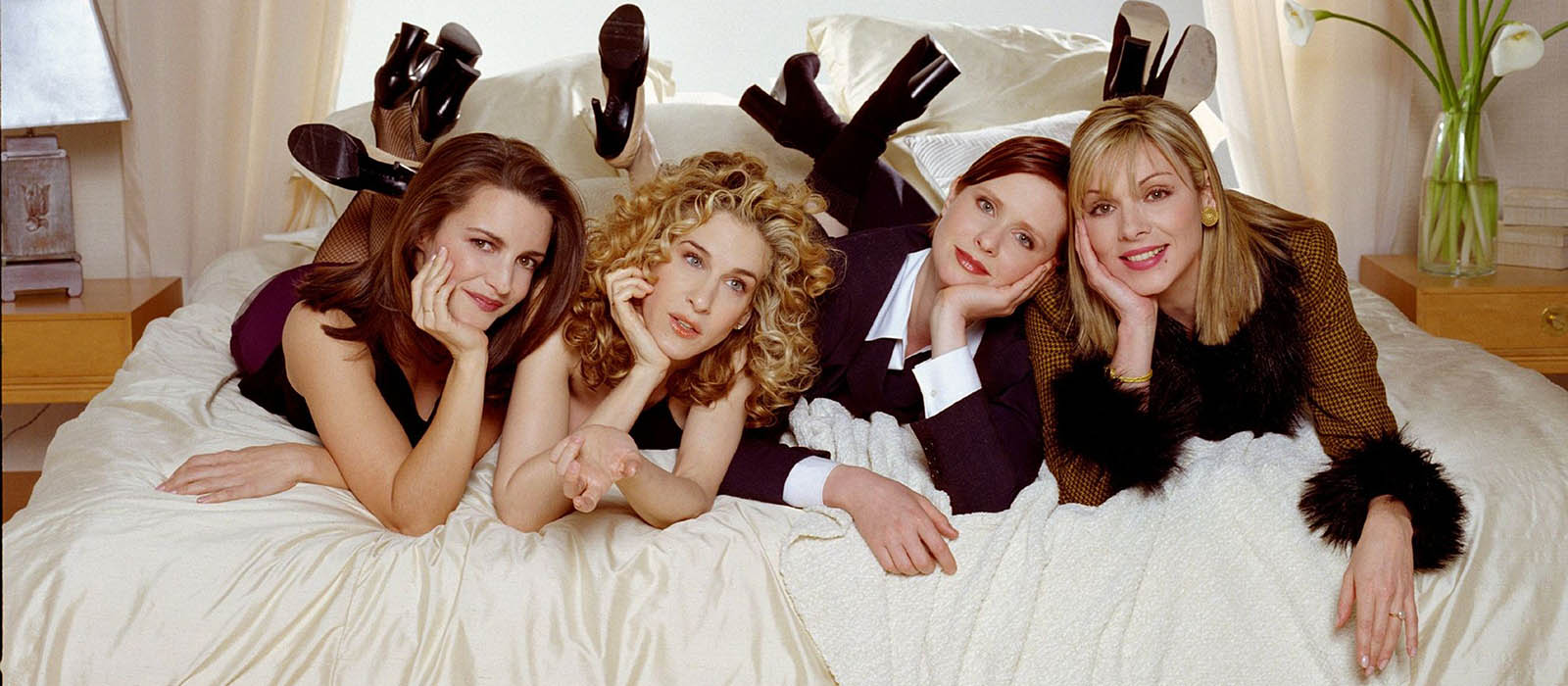With Passover right around the corner again, I thought I would share my thoughts on Jewish Holidays.
Picture this, Hollywood 2012, a young girl named Jennifer is attending the 40th birthday party of her Jewish friend Mike. (Ok so I’m stealing a line from Golden Girls Sophia Petrillo.)
Anyway, I was attending Mike’s birthday party. In true birds of a feather style, there were several other jews there as well. Many of us had known each other since our early 20’s and hadn’t seen each other in awhile. It was nice to catch up. Most of us were pretty far along in our careers. Neurosurgeons, pediatricians, script writers and former marketing managers turned web developers to name a few. Some of us were even married with kids.
We all chatted for hours and eventually the subject of religion came up. One of the fathers mentioned that although he rarely attended temple other than the high holidays and wasn’t sure if he believed in religion, he would drive his kids to Hebrew school each week. In a classroom full of other jewish children, they would learn of their ancestry while preparing for their Bar and Bat Mitzvahs. Religion wasn’t as important to my friend as the tradition and culture that came along with Judaism. He wanted that for his kids.
The Agnostic Jew
This idea of an “Agnostic Jew” resonated within me as well. I had felt that way for a long time. Though never full convinced in the existence of a god, I have extreme pride in my Jewish heritage. I haven’t attended temple in years. Still, Jewish culture and ideals such as family, education, tradition and facing adversity with strength and class are deeply important to me.
I am not alone in this thinking. According to a survey done by Pew Research Center back in 2013, 62% of the Jews in America say being Jewish is more about ancestry and culture while only 15% say it is a matter of religion. Two-thirds of the surveyed jews in America feel that it is not necessary to believe in God to be Jewish. In fact, the number of “Jews by Religion” vs the number of “Jews of no religion” in American has decreased significantly. While 93% of Jews in the Greatest Generation (approx. 1914-1927) identified as “Jews by Religion”, the number has dwindled through the decades with only 74% of Generation X Jews identifying by religion. Interestingly, despite this rise of Agnostic Judaism 94% of US Jews feel a strong sense of belonging to the Jewish people and are proud to be Jewish.
Passover
So what about the important Jewish High Holidays? The Pew 2013 survey found that 53% of American Jews fasted for part or all of Yom Kippur. It showed 70% of American Jews as participating in a Seder (the traditional and ceremonial meal of Passover).
Passover commemorates the liberation of the jews from slavery in Egypt. It is believed that God helped the Children of Israel escape slavery by unleashing a series of plagues to the Egyptians until the Pharaoh released the slaves. The final plague would cause the death of the Egyptian first-born. The jews were told to mark their doorposts with the blood of a slaughtered lamb so the spirit of the Lord knew to pass over their homes and spare their children. Hence the name of the holiday.
On Passover, we eat unleavened bread (matzah) to commemorate the freed slaves who left Egypt so fast they could not wait for their bread dough to rise. Bitter herbs are tasted as a reminder of the bitterness of slavery. We drink four cups of wine (no problem there haha), each associated with a different part of the ceremonious Seder.
A Personal Note
I had not until recently participated in any Jewish rituals since about 2006. Even then it wasn’t with any regularity. In 2018 I connected with some fellow Jews in London, where I now live, and we started celebrating the high holidays together. Like Christmas or Thanksgiving, I view them as a special time to gather with loved ones to reflect on and celebrate life. Older and younger generations gather around the table to carry out the traditions of our people.
I remember being at Seders when I was younger and being moved by the sight of the older generations who still had numbers stamped on their arms from World War II. I will always be inspired by their stories of escaping and rebuilding a new life in a new country. They never showed bitterness or victimhood, only pride and determination that they passed on to their children. In fact, an important part of the meal itself revolves around the custom of the youngest at the table asking a set of questions including “why is this night different than any other night?” whereupon these elders would tell the tale of Passover. It is truly a beautiful tradition and one I hope to participate in for years to come.
Religious or not, this night will always be different than any other night.
















